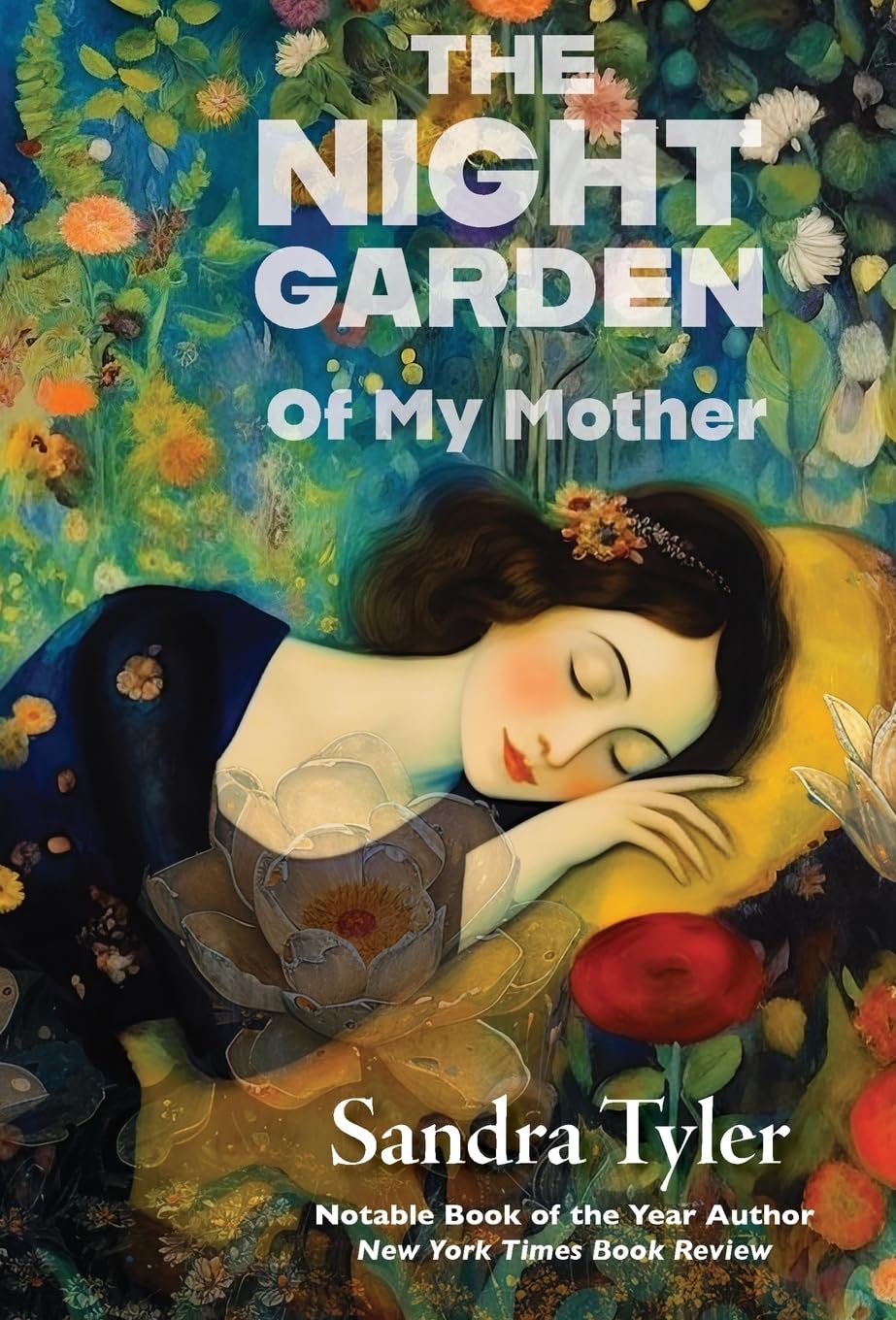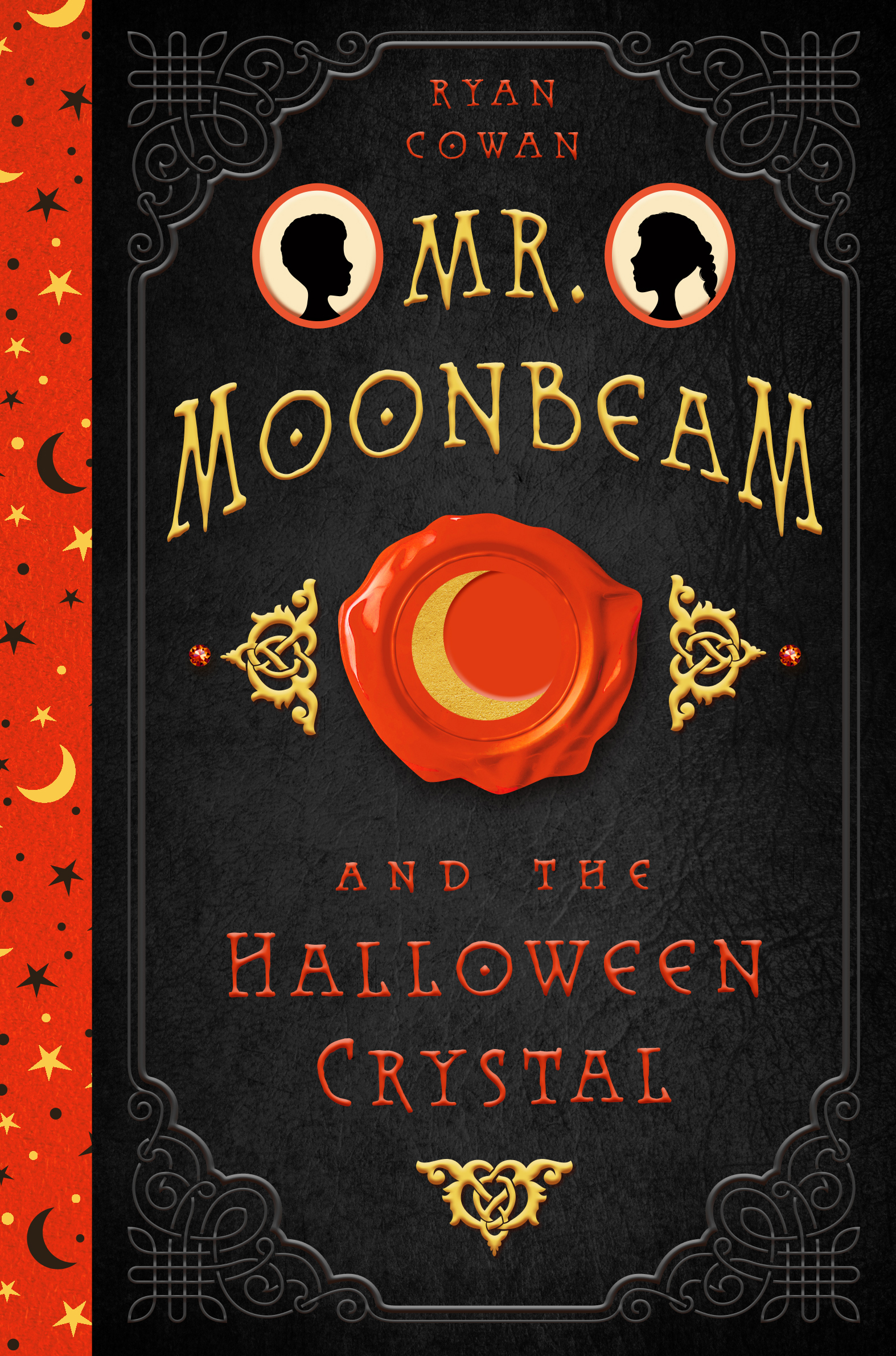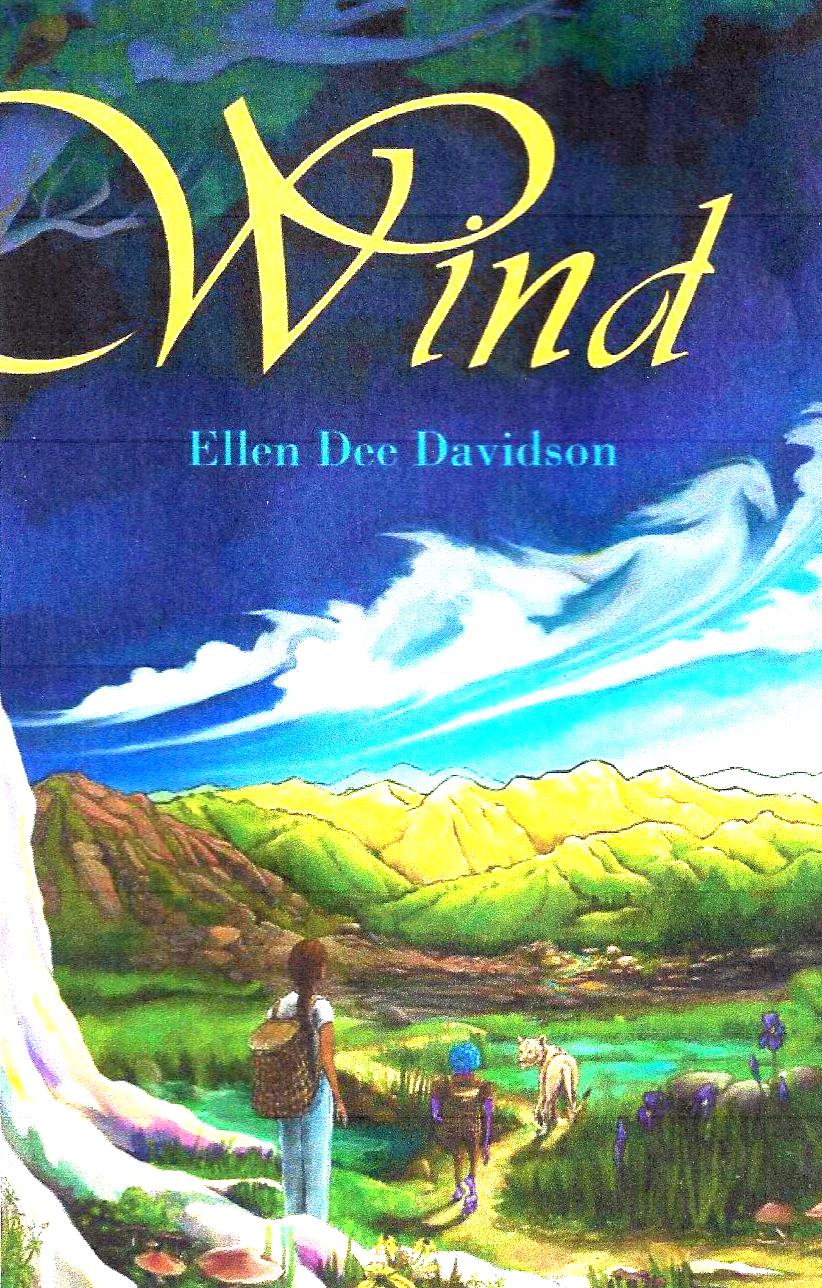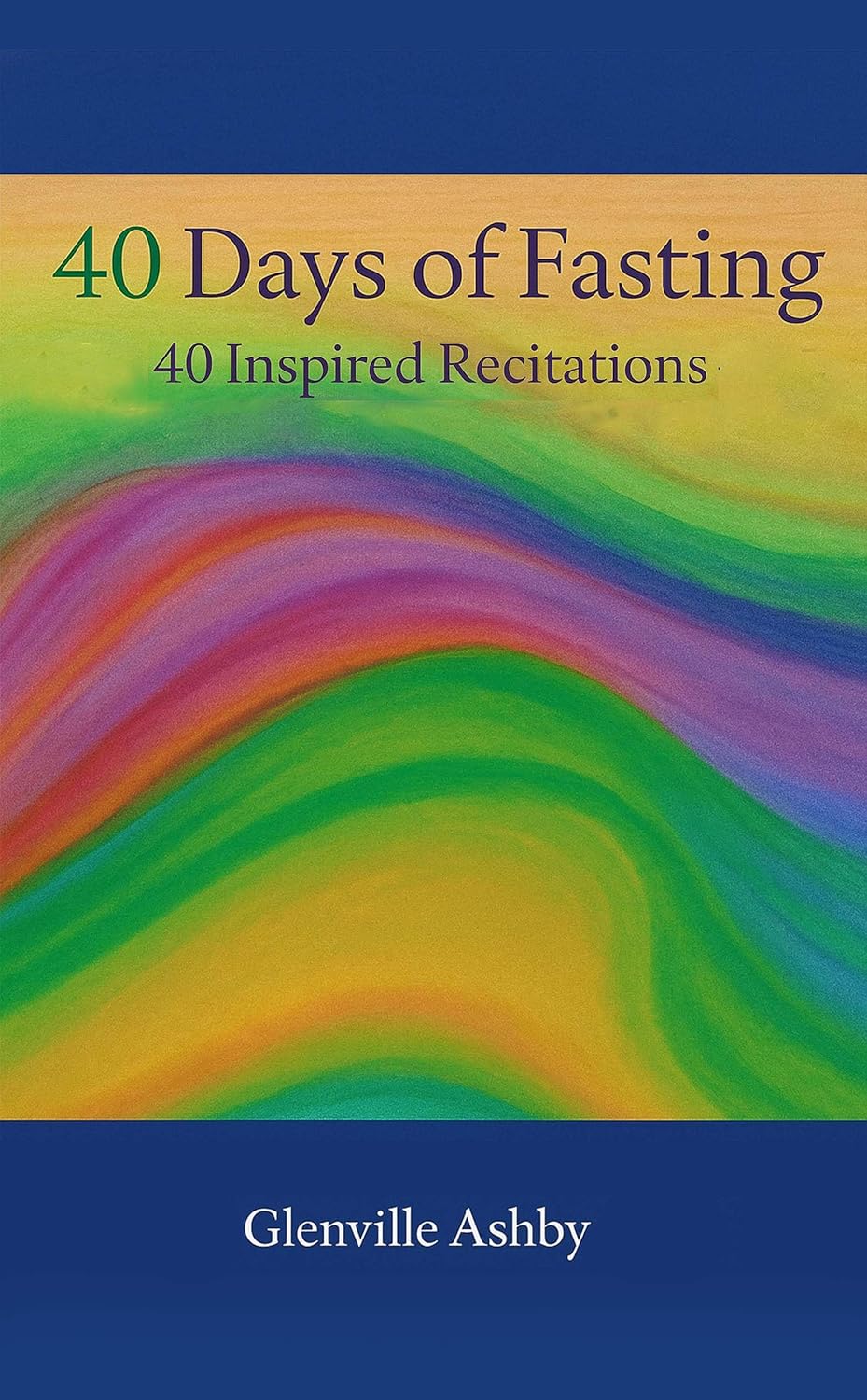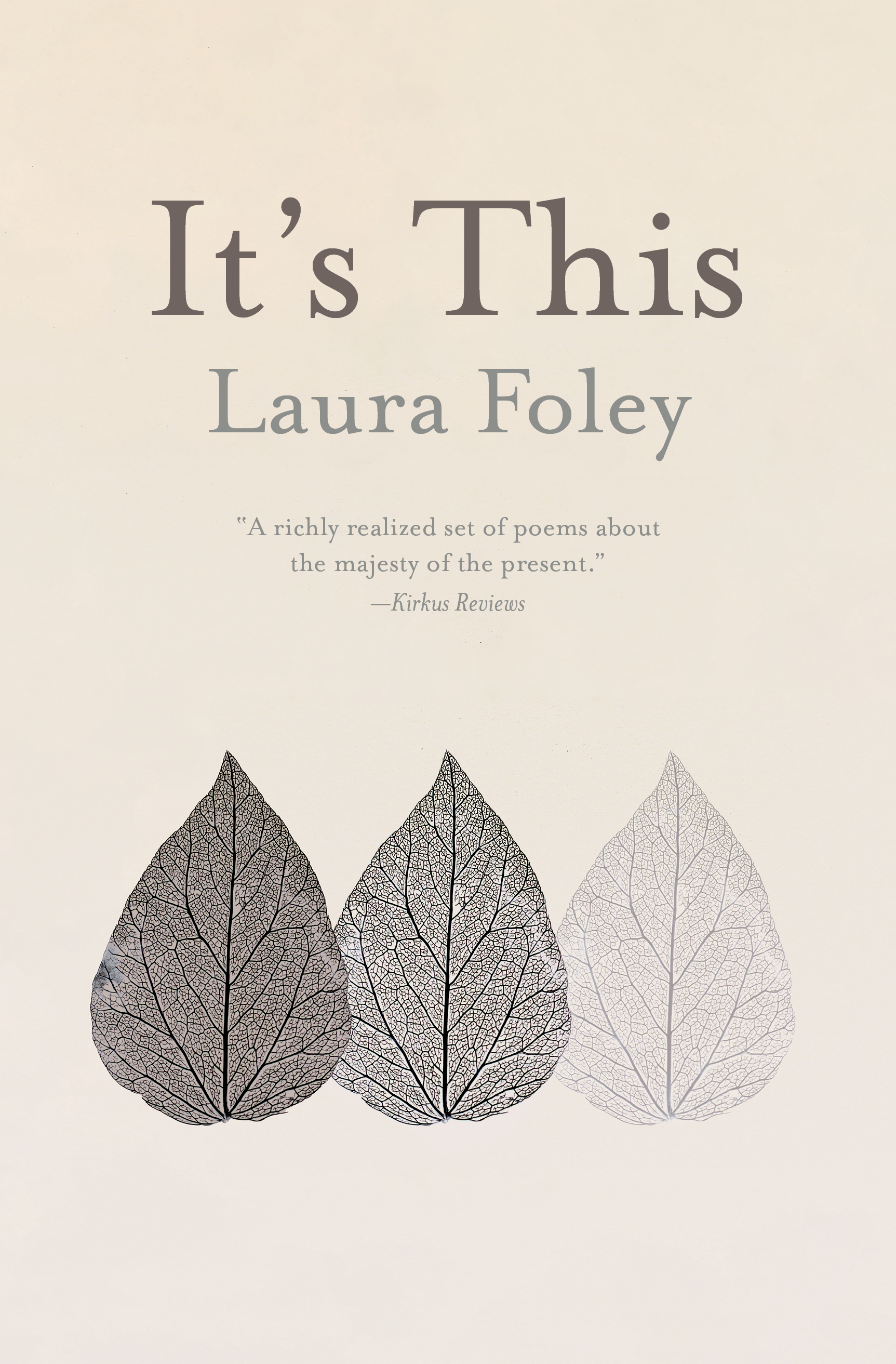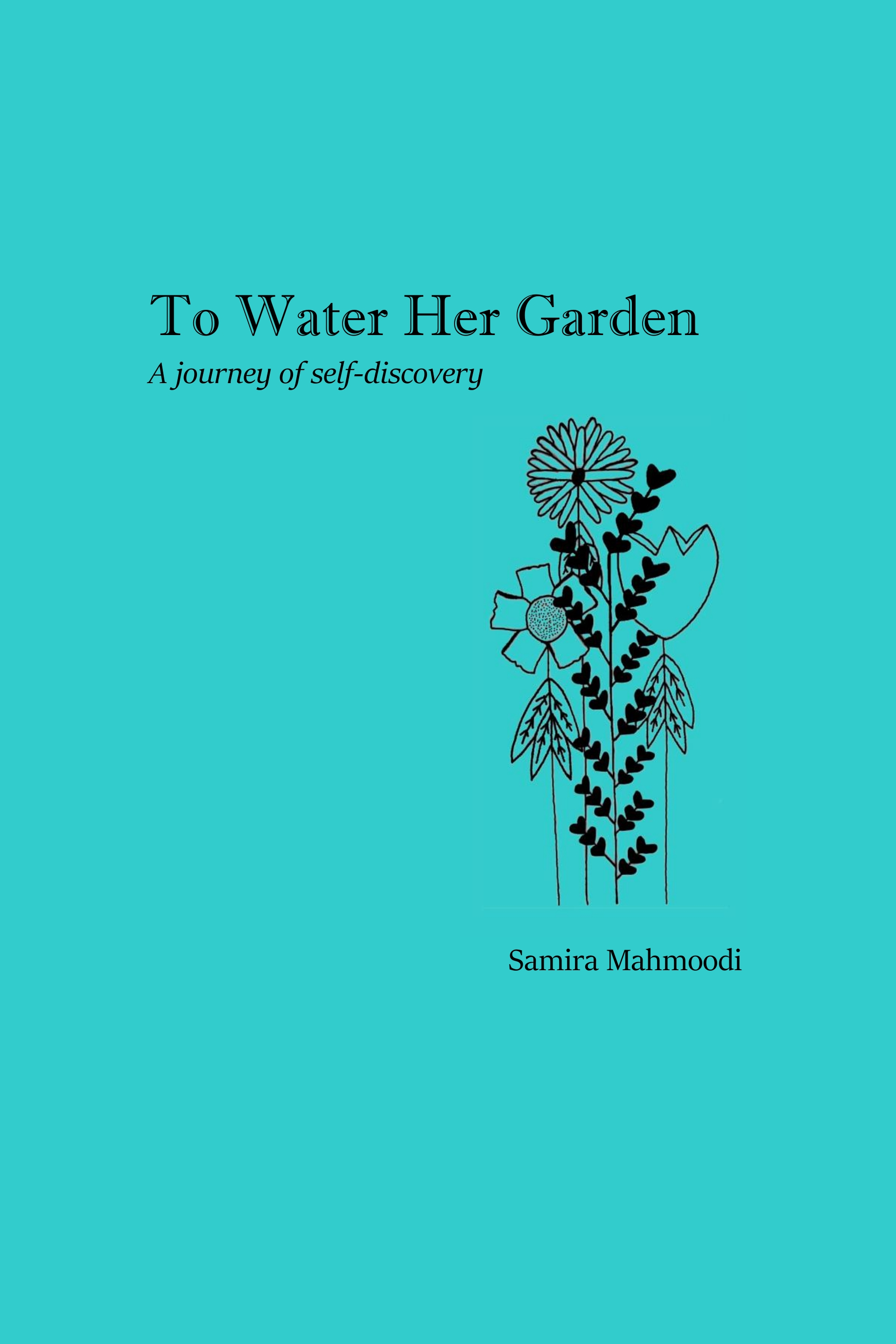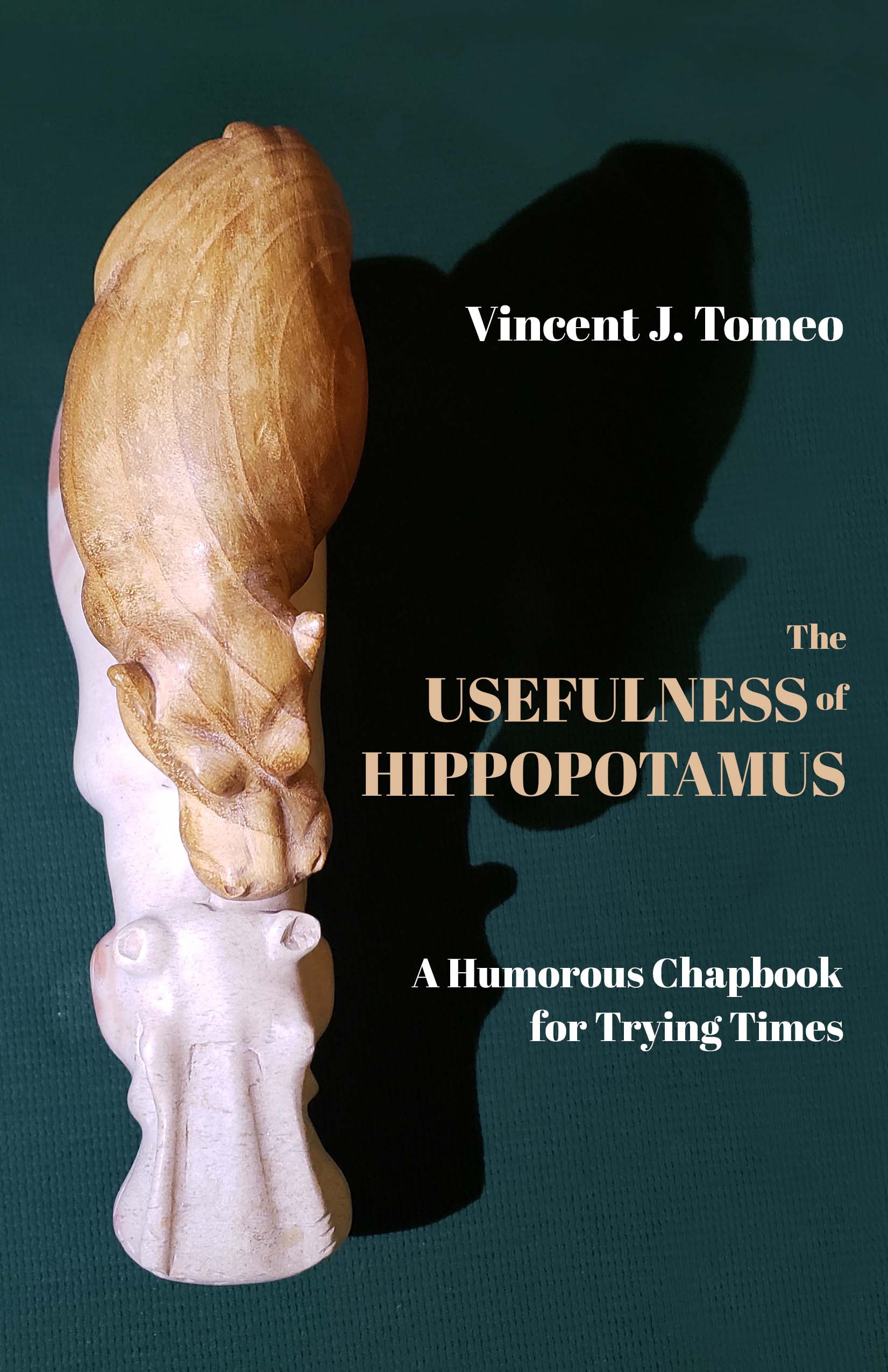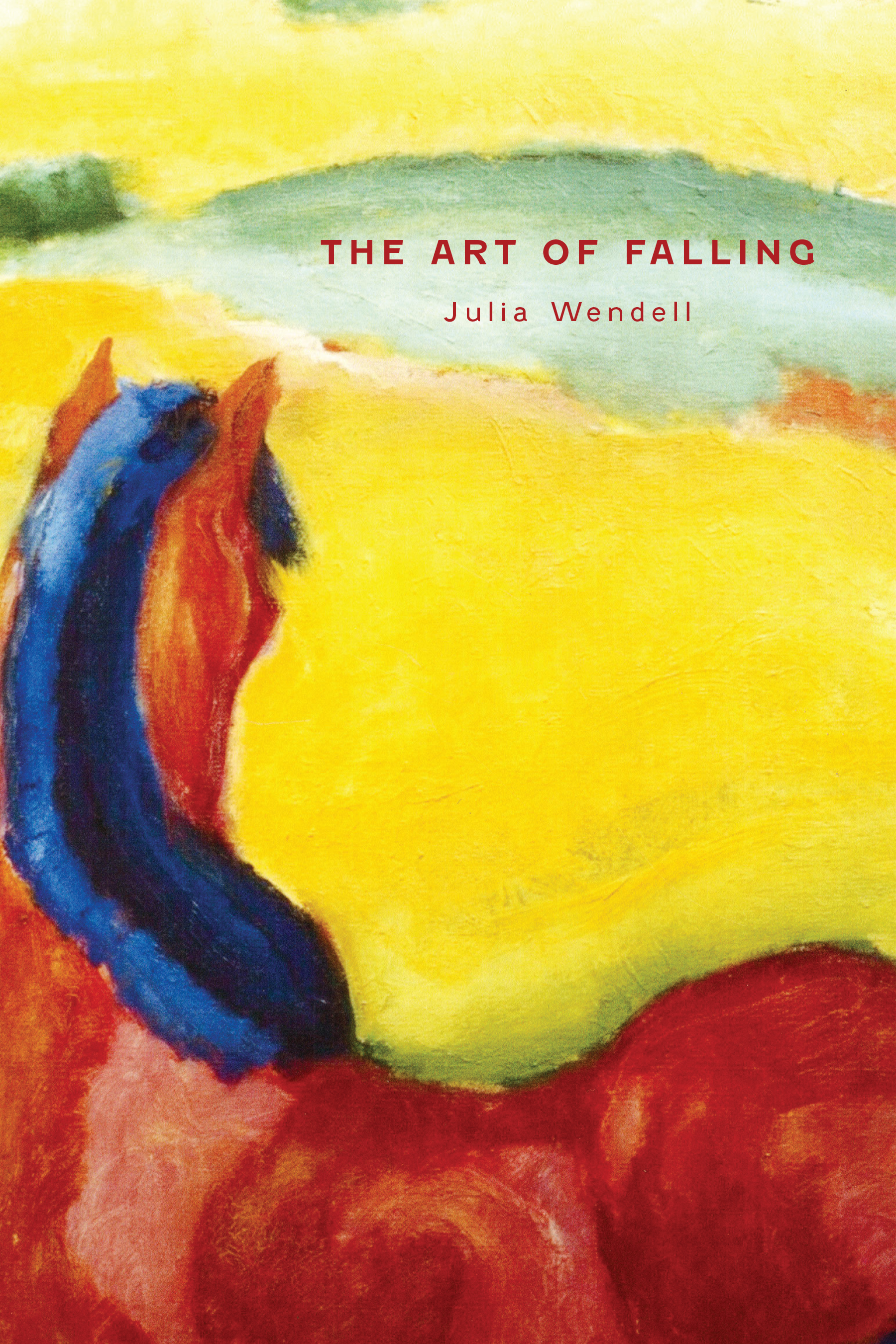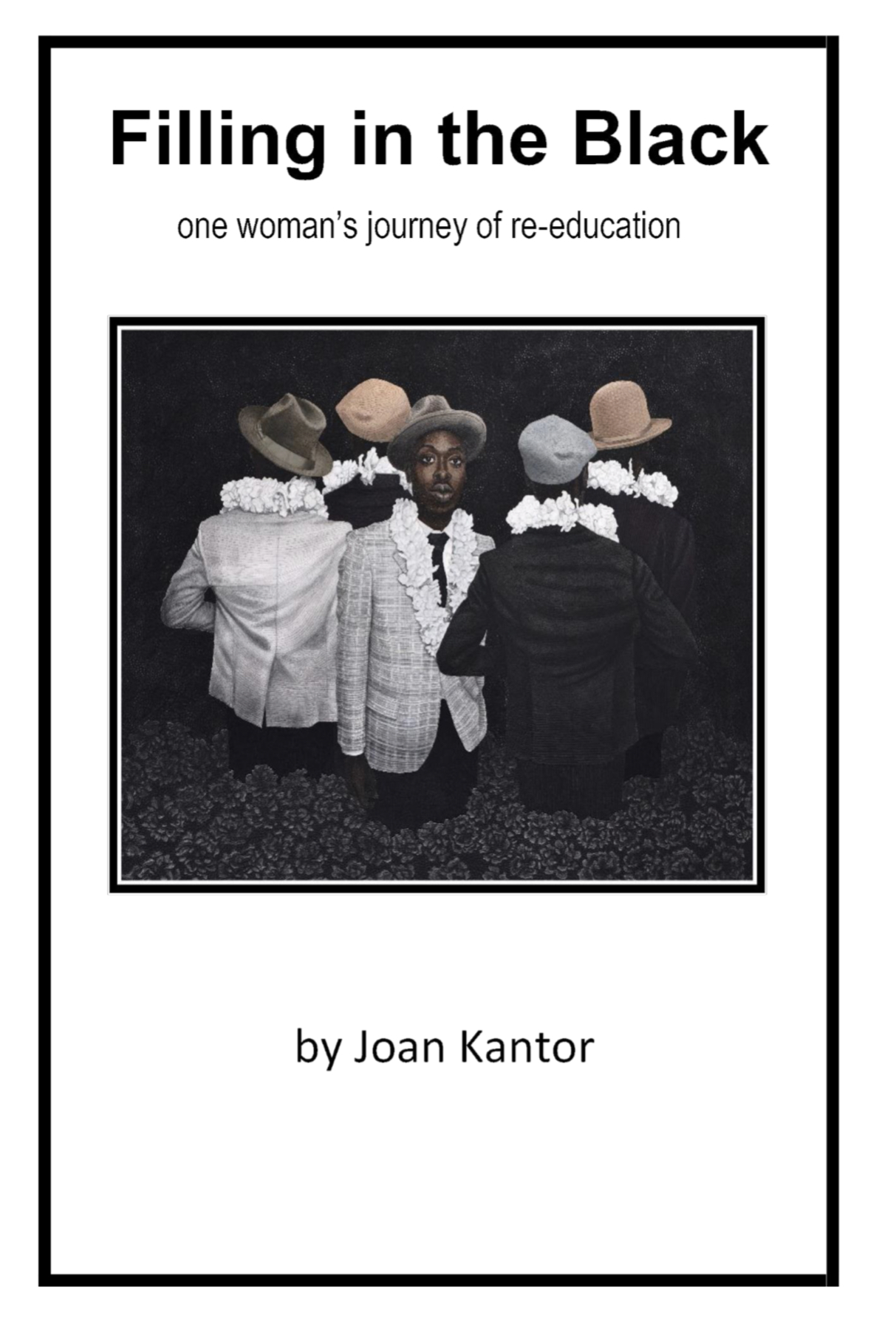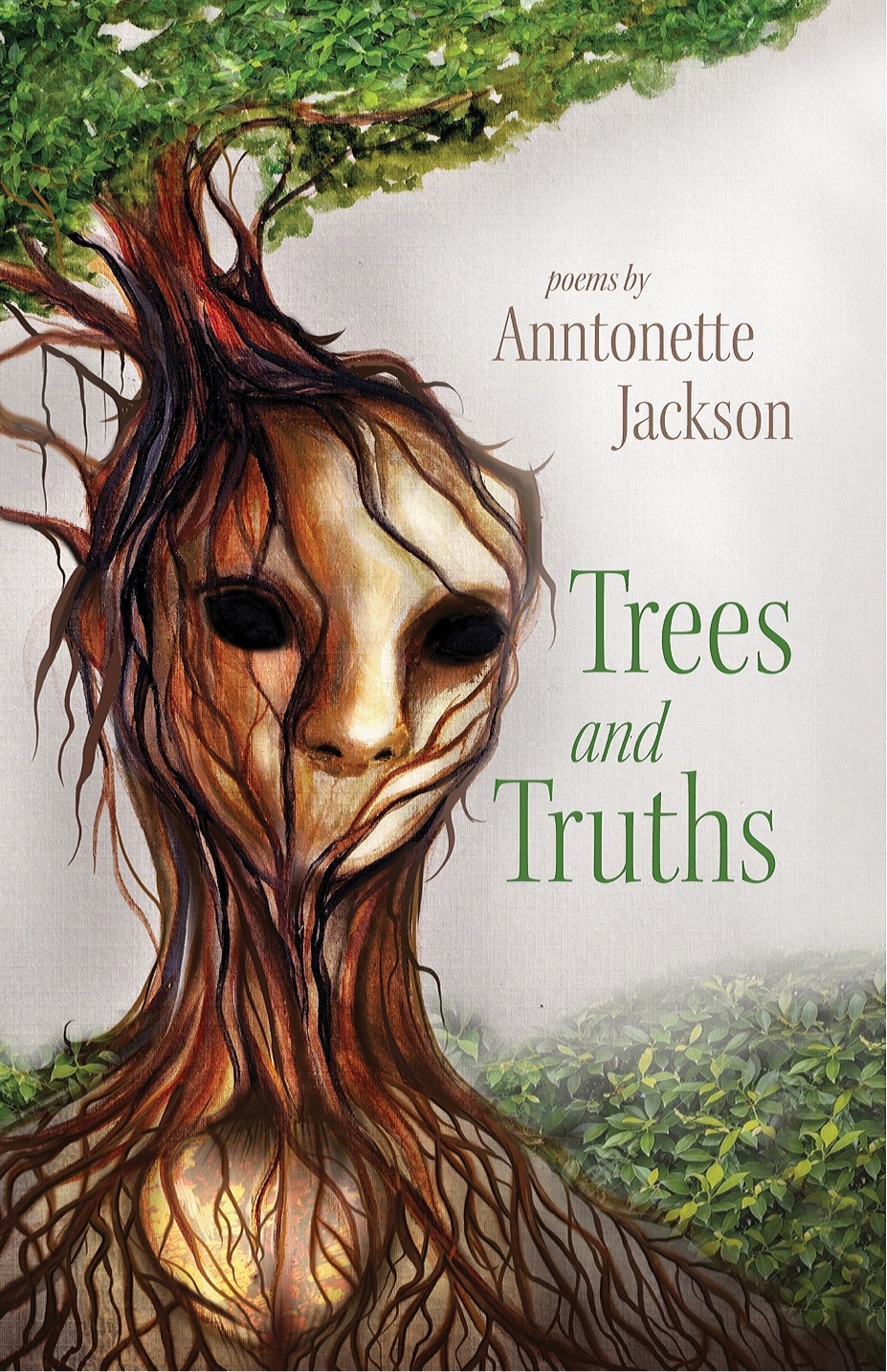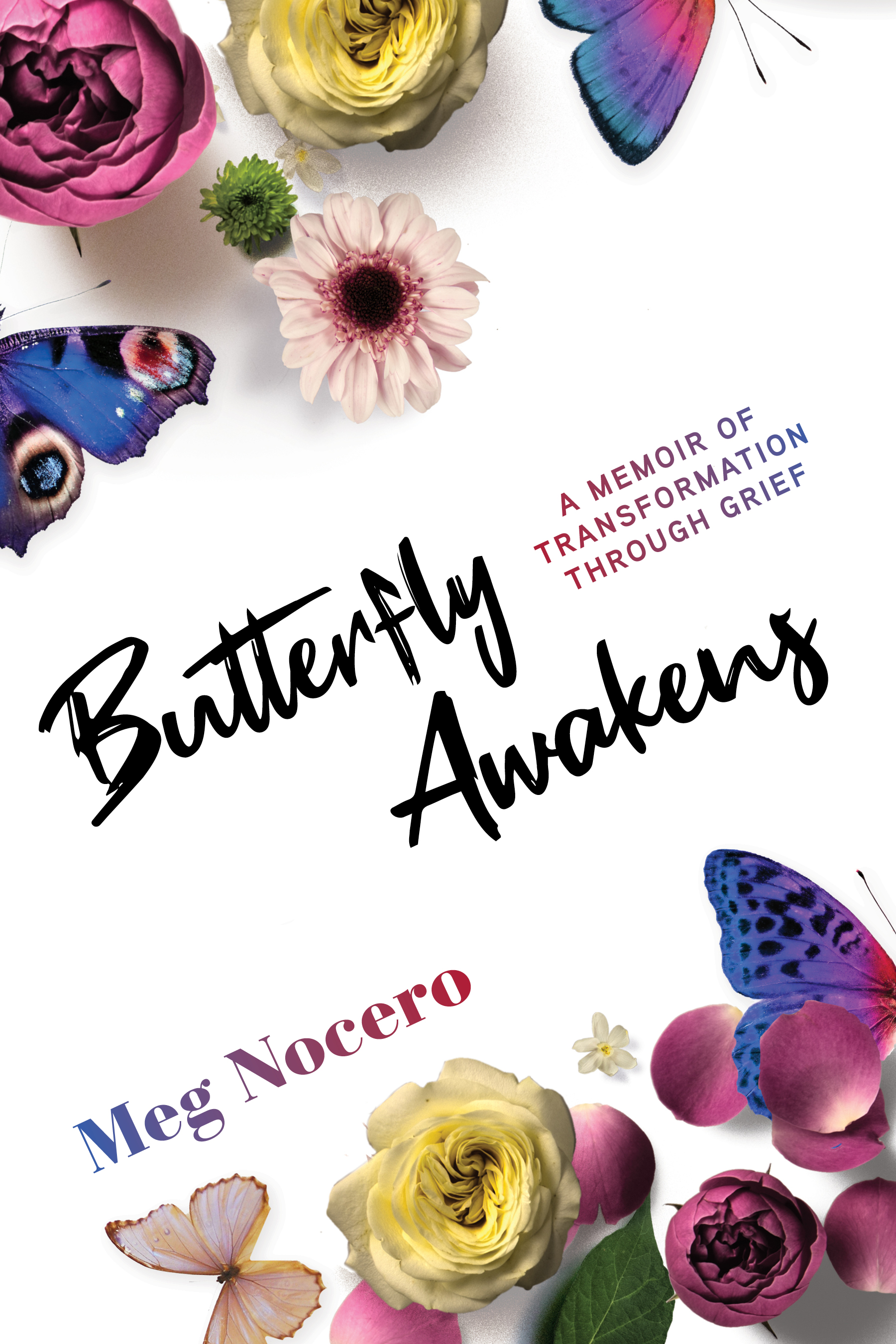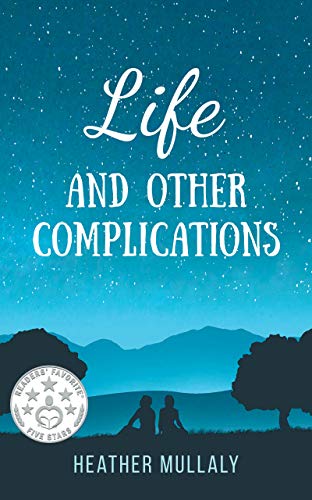The Ugandan Tales
| Category: | Poetry - General |
|---|---|
| Author: | Victor Rumanyika |
| Publisher: | Victor Rumanyika |
| Publication Date: | September 19, 2021 |
| Number of Pages: | 194 |
| ISBN-10: | 1637673639 |
| ISBN-13: | 978-1637673638 |
Even after the independence of Uganda in 1962, Uganda still
struggles to break free from the shackles of colonialism. The African
rulers are hypocritical as they preach freedom and liberation but continue to
oppress their people under the guise of leadership. The Ugandan people have
been waiting patiently for these immoral leaders to give them their fair
rights. Ordinary Ugandans now persist through non-violent and peaceful means in
modern times. These poems by Victor Rumanyika tell the story of an
unyielding regime and the routine struggles of ordinary people. The
new generation hopes to break the cycle and stand against social, economic, and
political discrimination.
The Ugandan Tales by Victor Rumanyika is the poet’s second
collection of poetry; it is rhythmic, captivating, and captures the soul of the
Ugandan people with unwonted lyricism. The author features strong themes in
this collection, including the plight of suffering people, the greed and
mindlessness of its leaders, and rampant corruption. This is poetry that should
be read as a compelling protest to the ills that plague African society. At a
time when Uganda risks losing the only international airport to China because
of political corruption and poor management of resources, Victor Rumanyika’s
voice cries out for change in an irresistible manner. The lines in some of the
poems are poignant, filled with symbolism, and capture the social reality in a
manner that is mesmerizing.
Rumanyika weaves a beautiful tapestry of the history of
Uganda, melding the past and the present political and social climates of the
country. His thought-provoking poetry asks readers to open their
minds to the realities around them and view the contrasts between promises made
and the truth. In poems that range from wry, social commentaries,
tongue-in-cheek observations about the social situation in Uganda to those that
are historically nuanced, the author invites readers to a new appreciation of
the conundrum of neo-colonialism and its effects on the African people.
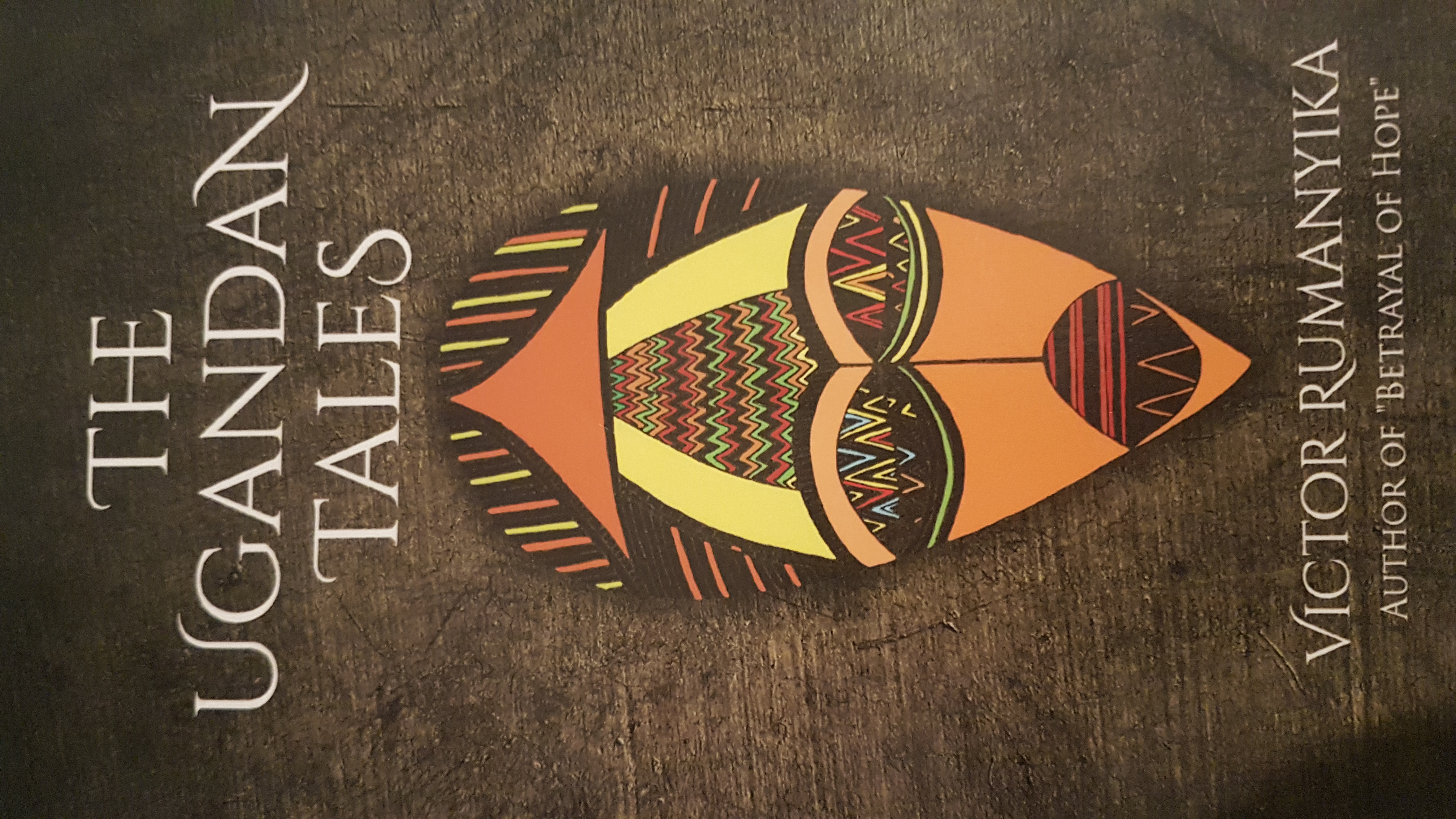




.jpg)













